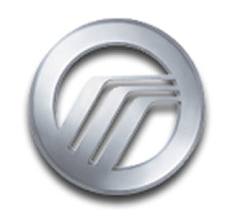Mariner 2WD V6-3.0L VIN 1 (2006)

Torque Converter: Description and Operation
Torque Converter
The torque converter is a 4 element assembly. The torque converter contains an impeller, a turbine, a reactor and a torque converter clutch (TCC) for
increased fuel economy. It couples the engine to the turbine shaft assembly, provides torque multiplication and absorbs engine shock of gear shifting.
Impeller and Cover
The impeller and cover assembly drives the impeller blades and pump assembly. The impeller is primarily responsible for driving the turbine with
hydraulic fluid by means of centrifugal force. The cover provides a mating surface for the torque converter clutch piston plate and dampener assembly.
Turbine
The turbine is driven by centrifugal fluid force from the impeller. The turbine transmits input torque to the drive chain and driven sprocket through the
turbine shaft.
Reactor
The reactor redirects fluid flow from the turbine back to the impeller so that fluid rotates in the same direction as the impeller. This action also assists
in torque multiplication.
Torque Converter Clutch (TCC)
The torque converter clutch (TCC) provides a mechanical link or direct drive between the engine crankshaft and turbine shaft when applied. The
application of the TCC is controlled by the powertrain control module (PCM). Under certain conditions, the PCM sends the appropriate signal to the
TCC solenoid, which allows fluid pressure within the torque converter to force the TCC piston plate and dampener assembly against the cover creating
a mechanical link between the engine and transaxle.
Turbine Shaft
